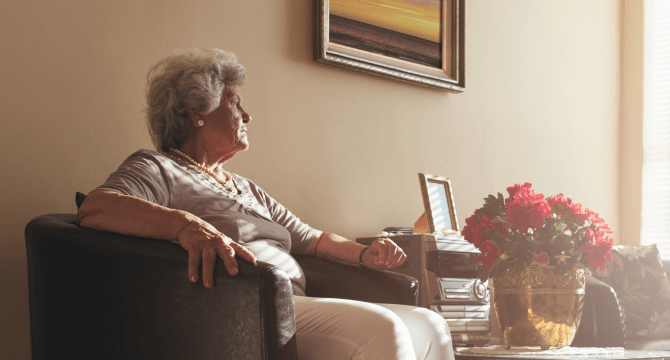
These are some important things to consider when buying a retirement residence. Avoid these common mistakes. This article will discuss the costs of purchasing a retirement home, how to purchase it and what tax implications it has. These are all important points to be aware of, so continue reading for helpful tips. You should also remember the Equal Credit Opportunity Act. This law prohibits lenders denying retirement income to individuals.
Here are some common mistakes you should avoid when purchasing a retirement property
You should think about your future plans and lifestyle when buying a retirement property. A large yard and elaborate landscaping may not be ideal for your new lifestyle. A house with many steps may pose a problem later if you are unable to walk. Be sure to consider how easily you can get around the neighborhood and what amenities you may need. These are some of the most common mistakes when buying a retirement house. These tips will help you live in retirement with style.
A larger house can be more expensive. According to TransAmerica, one in twelve seniors purchases a larger home. You should ensure that you have the money to pay for an upsizing. You should also consider the extra work it will take to make it work. Marguerita, a retired expert in real estate, advises that you should not buy a larger home without careful consideration.

Costs associated buying a retirement property
You should consider several things when you are considering buying a retirement house. The first step is to decide if you have enough cash to purchase a home in retirement. Renting out your retirement home until your move in is an option if you're planning on retiring. This allows you to estimate your monthly expenses. These costs can help you plan your finances. Below are some costs associated with buying a retirement house.
- Costs of maintenance, food, insurance, etc. Property taxes will also be due. If you are healthy you might be able take care of upkeep on your own. But if not, you will have to hire maintenance companies. A retirement home's maintenance fees typically start at Rs. 15,000 to Rs. 60,000 per calendar year. These costs can include monthly rents or payments in monthly installments.
Before or after retirement, buying a retirement home
Whether you plan to buy your first retirement home before or after retirement, it is best to hire a licensed real estate agent to help you find a property that meets your needs and budget. The Equal Credit Opportunity Act prohibits lenders from discriminating against retired people when deciding whether to extend a mortgage. When deciding whether to give a mortgage to someone who has retired, lenders still need to consider alternative sources of income.
Buying a retirement home before or after retiring is a great way to prepare for your new lifestyle and to lock in low interest rates. This will enable you to invest more money in your retirement account. Even if you don't plan on buying a retirement property after your retirement, you can still apply for a mortgage. There will be some differences in the qualification process, but the most important thing is how you will prove income.

Tax implications of purchasing a retirement residence
Prior to purchasing a retirement house, calculate your monthly income. Knowing how much tax you will have after retirement can make or break the value of your new house. You should also consider the cost of moving to another country or state, as well as any taxes. Additionally, if your income is dependent on retirement income and property taxes, you might find it difficult or impossible to afford them.
The purchase of a retirement house should be treated as an investment and not as a first-time home purchase. Renting your home to generate rental income may be an option to help pay off the mortgage. For additional rental income, consider leasing your second property if it is not already. This will allow you to generate additional income and also give you two properties that can appreciate. Buying a second property may be even more advantageous.